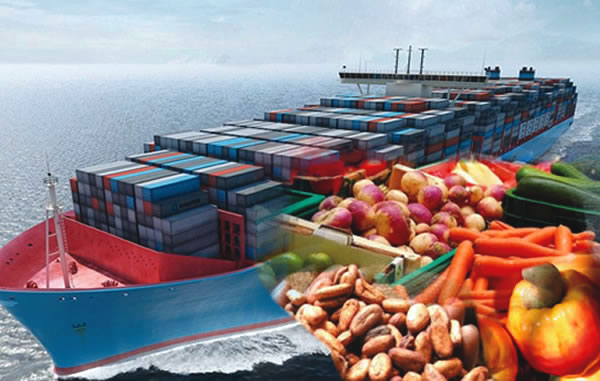
As a move to boost Nigeria’s Gross Domestic Product, GDP, the Edo Export Cluster, EEC, has made case for more investment in livestock production as well as its value chain.
iBrandTV finding shows that if well harnessed, Nigeria’s livestock industry is said to worth over N33 trillion.
In Nigeria, the common livestock animals are Poultry birds (Chicken, Turkey, Quail, Duck), Cattle, Small ruminants (Goats, Sheep), Pigs, Rabbits, and in some parts of the northern region of the country, Donkeys, Camels, and Horses. The most commonly reared ones are Chickens, Cattle, Goats, and Sheep.
What EEC said
According to EEC’s Coordinator, Mrs Rhone Peters, Nigeria had yet to tap well into the livestock sector as well as its value chain for food security, job creation, Internally Generated Revenue (IGR) and exportation.
In his words: “Livestock production is a lucrative business and Nigerians can tap into the sector and generate more IGR.
“When we talk about the cattle value chain, people can invest in dairy production, meat processing, leather works, diseases’ control and feed formulation.
READ ALSO: Naira surges, after Nigeria raises $4bn via Eurobonds
“The country has a large market due to its population size but, unfortunately, we are not producing enough livestock to meet local needs.
“Most of the goats and sheep we consume in the country are imported from Somalia, Mali, Burkina Faso, Niger and Chad, when we have the capacity to raise these animals,” she said.
Peters noted that the country was also not producing enough premium meat (fit for slaughter animals) to meet export standards.
“Most of the cattle in Nigeria are not attaining the maximum weight internationally.
“Farmers need capacity building on how to breed ruminants to meet international standards and also go into its value chain,” the coordinator stated.
She noted that the export cluster offered 16 module courses for people into ruminant production, for both local and international markets.
